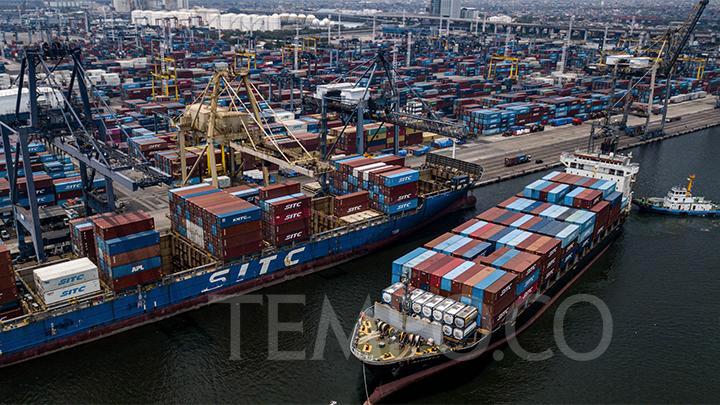31 ASEM Countries Participate in Conference Held by ASEF, SEI
22 October 2016 16:12 WIB

TEMPO.CO, Jakarta - Over 90 policy-makers, experts and representatives from civil society organisations from 31 ASEM countries participated in the conference entitled “Sustainable Development Goals for Asia and Europe: Delivery Options for the 2030 Agenda”, 19-20 October 2016, in Stockholm, Sweden. The event was co-organised by the Asia-Europe Foundation (ASEF) and the Stockholm Environment Institute (SEI).
“One of the key challenges that people working to promote SDGs in Asia and Europe face is the lack of awareness on how different countries are developing national SDGs’ implementation plan. This conference provided a platform to stakeholders from governments and civil society to exchange their ideas and benefit from Asian and European perspectives on implementation and monitoring of SDGs,” said Ambassador Zhang Yan, Executive Director, Asia-Europe Foundation (ASEF) at the opening of the conference.
Participants discussed issues such as how evidence-based science could influence policy and support stronger governance; how youth and civil societies could wield enormous power to make choices and to affect positive and sustainable changes; and how the private sector could be integrated as a critical player in bringing about a better life for all.
"This conference helped us assess how we understand and deliver our commitments on the SDG’s, and notes that while certain immediate needs, for example for food security, gender equity or climate mitigation, differs enormously between regions, we all, collectively, have to be a part of the same solutions,” said Mr Niall O'Connor, Asia Centre Director of the Stockholm Environment Institute (SEI).
Expert commentators at the conference were His Excellency Dr Paris Chuop, Deputy Secretary-General, National Council for Sustainable Development, Ministry of Environment, Cambodia; Her Excellency Ms Kajsa B. Olofsgard, Post-2015 Ambassador, Sweden; Professor Laszlo Pinter, Central European University & Senior Fellow and Associate, International Institute for Sustainable Development (IISD); and Ms Wilma Guillen, Assistant National Statistician for Social Sector Statistics, Philippine Statistics Authority (PSA).
“My takeaway from this conference is the understanding that for effective implementation, SDGs need to be aligned with national priorities. Given the high number of goals and targets, countries may need to focus on selected priority parameters. To do so, cost-benefit assessments can support countries in calculating the costs of different SDG targets, selecting the most cost-efficient measures and pairing the measures with necessary financing sources,” highlighted Ms Dora Almassy, Researcher, Central European University.
This event was supported by the Asia-Europe Environment Forum (ENVforum) consortium.
TEMPO























